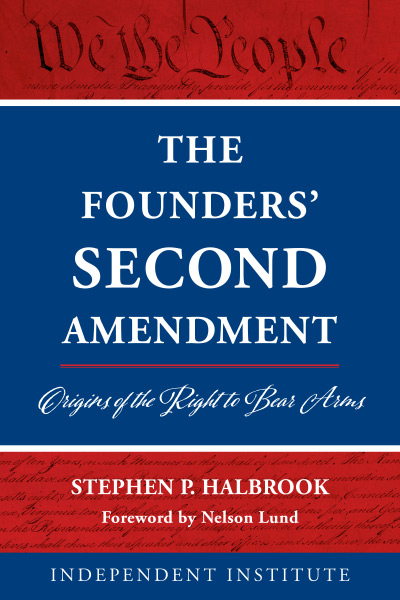Center on Law & Justice
The United States was founded on the principles of individual liberty, representative and limited government, and the rule of law. Unfortunately, although many people today share the ideals of justice and fairness, public confidence in the nation’s justice system has fallen. This decline is an indication of deeper problems afflicting America’s legal institutions.
Consider the following:
- Dissatisfaction with the criminal justice system is widespread, with polls showing that as many as 91 percent support criminal justice reform;
- Although hope for meaningful reform is widespread, a racial divide separates Americans in regard to whether or not they view the criminal justice system as fair;
- The civil justice system is also plagued with complaints, including junk science in the courtroom, venue shopping, no-injury class action lawsuits, high attorney fees, and the byzantine complexities that create barriers to access;
- The public’s understanding of the framework that supports the justice system—the U.S. Constitution—is astonishingly poor, with a 2017 poll finding that more than one-third were unable to name a right protected by the First Amendment. The implications are startling, given a recent study finding that “civics knowledge predicts willingness to protect the Supreme Court.”
The United States is hardly alone in facing challenges to its legal system: the World Justice Project Rule of Law Index 2017–2018 reports a worldwide overall decline in the rule of law since 2016. These developments are cause for major concern. If people’s rights are vulnerable to political winds or cultural erosion, then the social cooperation and economic progress that rights-protection enables are also vulnerable.
The task of strengthening the rule of law—and other pillars of sound legal and governance systems—is thus imperative for maximizing freedom, opportunity, and well-being for people everywhere. So too is the need to develop a deeper understanding of justice and to examine promising innovations in law and governance.
The Independent Institute’s Center on Law and Justice was created to research and communicate the nature of law and justice; the problems facing legislatures, courts, and law enforcement; and the policy solutions that would better ensure “liberty and justice for all.”
The Center is guided by a fundamental mission: to advance free societies grounded in the dignity and worth of each individual. This aim is the reason why the Center examines not only topical problems and their remedies, but also deeper issues of jurisprudence and political philosophy, comparative legal and governance systems, lawmaking and implementation, and the pathways to a free society.
The following are some of the themes of the Center’s books, studies, op-eds, and media appearances:
- The Western legal tradition and its counterparts around the world
- The U.S. Constitution’s distinctive combination of federalism, separation of powers, and liberty protections
- Threats to the Bill of Rights, including the freedom of speech and freedom of religion
- The interconnected functions of individual rights, private property, and the rule of law
- Conflict of visions: the presumption of liberty versus prior restraint
- The role of civil society and self-governance in conflict avoidance, adjudication, and crime control
- Community policing, privatization, and accountability in law enforcement
- Unintended consequences of the war on drugs
- Fostering greater reliance on contract law rather than tort law
- Victims’ rights and restitution
- Alternative dispute resolution and corrections
- Making the rule of law resilient to political pressures
- Innovation in law and justice, the frontiers of next-generation rule-making and governance
- In The Decline of American Liberalism, renowned historian Arthur Ekirch...
Center on Law & Justice News Releases
About the Independent Institute Centers
Each center is tasked with assessing, refining, and proposing innovative solutions to pressing social and economic challenges. Our programs focus on three core components: rigorous scholarly research, insightful publications, and the strategic dissemination of findings to opinion leaders and the public through conferences and media initiatives.
By fostering evidence-based solutions, our centers encourage informed discussions that can be scrutinized not just by experts, but also by media influencers, business leaders, religious organizations, engaged citizens, and policymakers. Our goal is to promote rational, objective dialogue that sheds light on key issues and shifts public discourse away from interest-group politics.






































